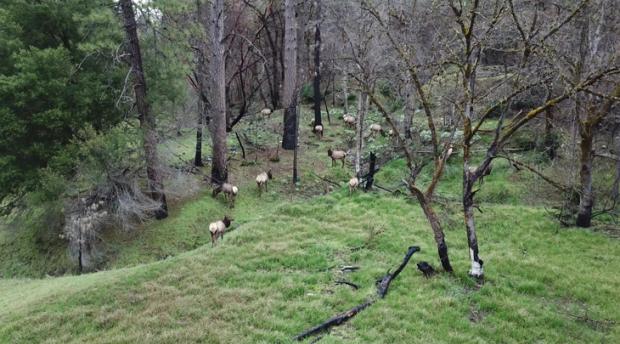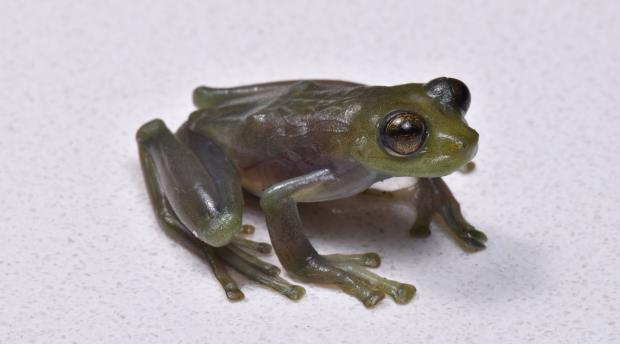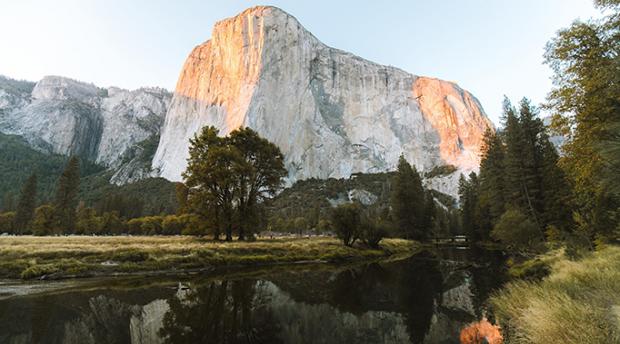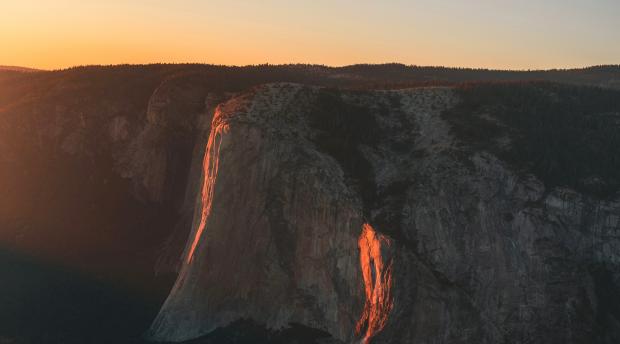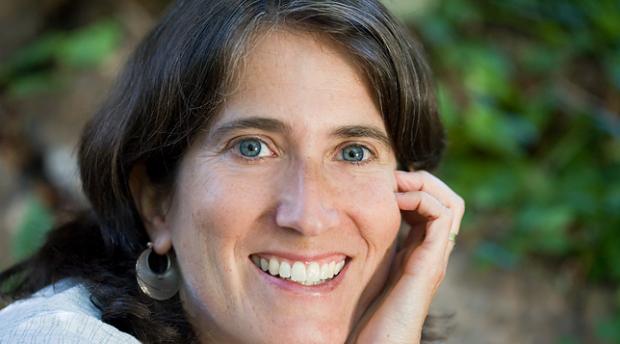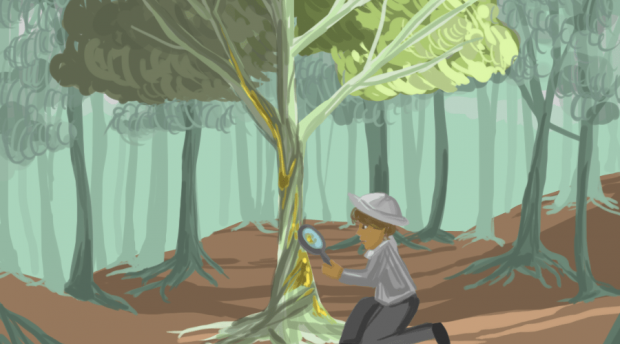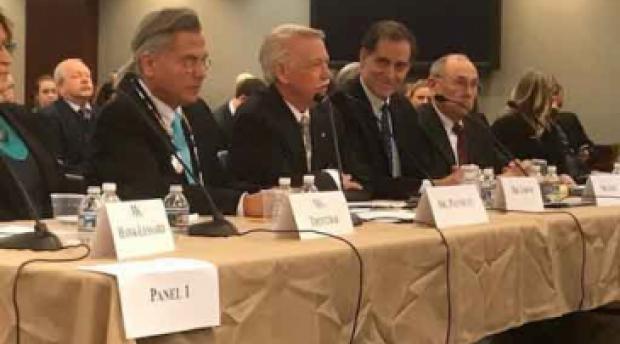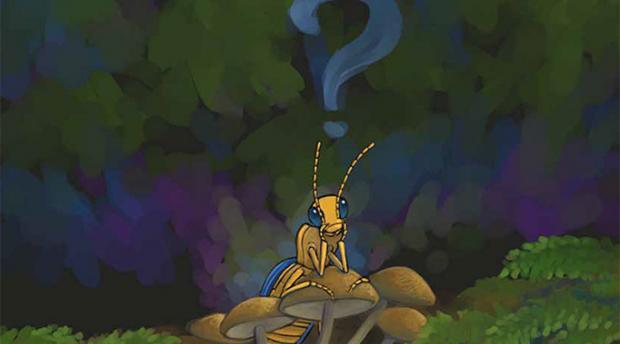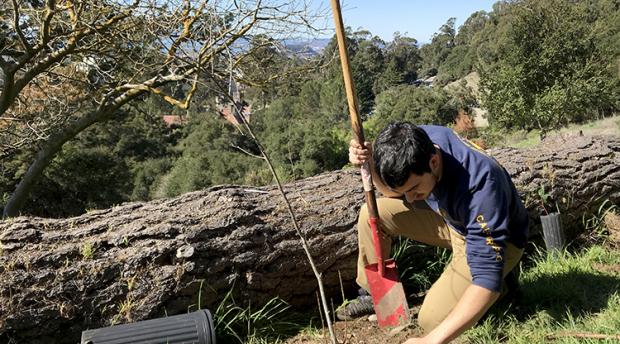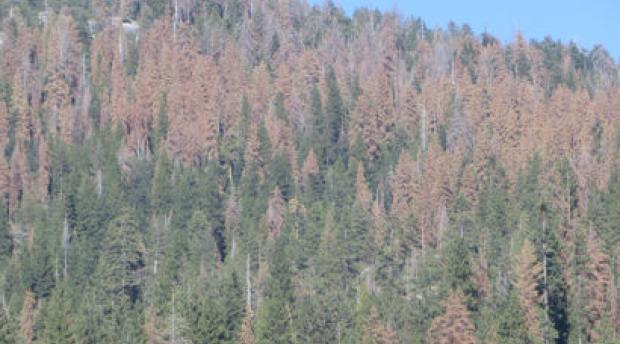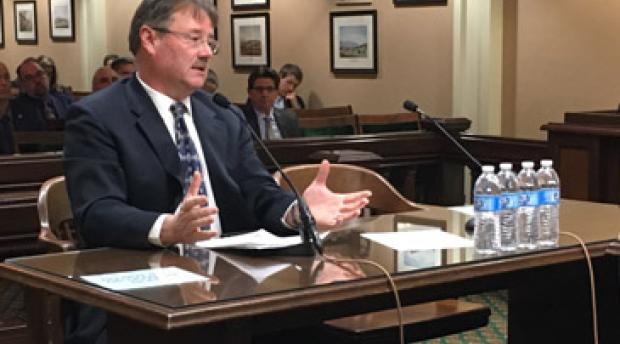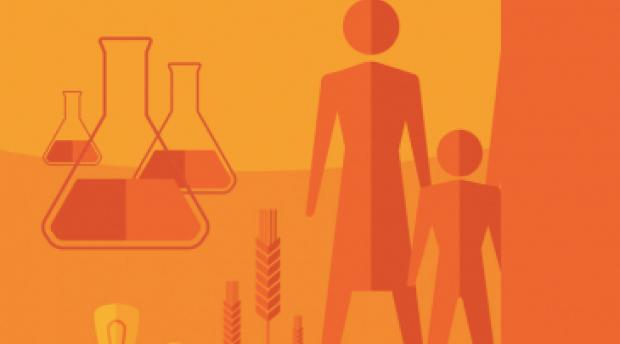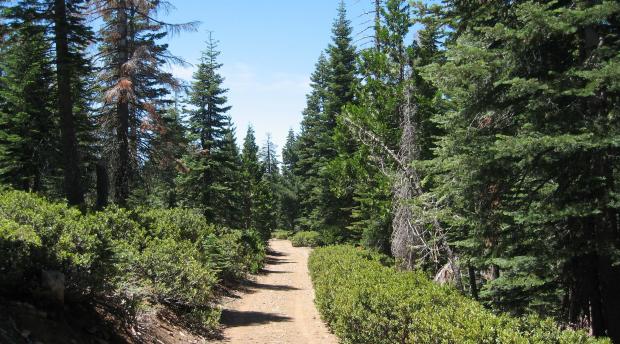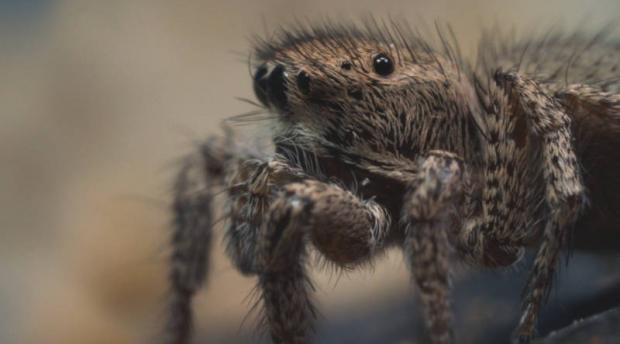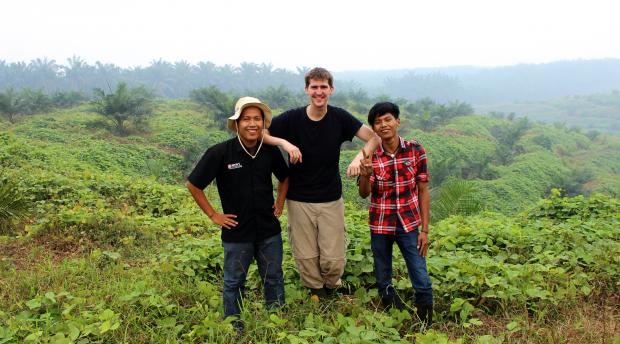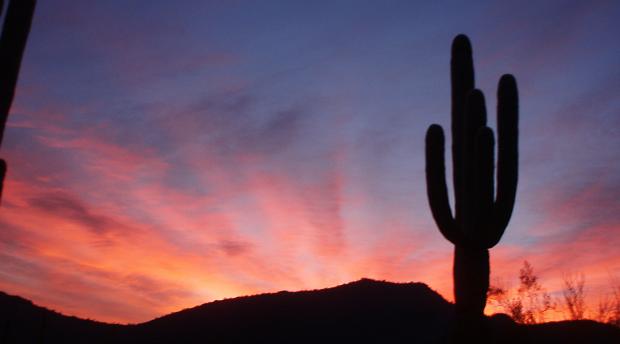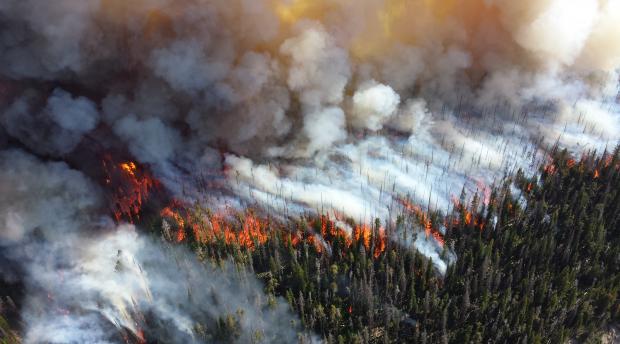In the News
How Agricultural Power Structures Inform Rural Responses to Climate Change
ESPM PhD candidate Margiana Petersen-Rockney speaks with the Daily Yonder about how climate change messaging–or the lack thereof–by farm service providers affects rural communities.
Enhancing elk habitat through Karuk Traditional Ecological Knowledge
The study demonstrates the importance of integrating TEK into land management practices.
Near a waterfall’s roar, glass frogs wave hello to attract mates
Rebecca Brunner, a PhD candidate, has discovered a new communication strategy of an elusive glass frog species.
Rausser College joins the California Biodiversity Network
A partnership between state, scientific, academic, and tribal institutions will conserve California biodiversity.
Patrick Gonzalez on PBS Newshour
Gonzalez discussed the effects of climate change on Yosemite National Park.
Professor Morello-Frosch Featured in Berkeley Science Review
Professor Rachel Morello-Frosch discusses her work in environmental justice for the STEMinism in the Spotlight series.
Citizen science making a difference for California
Cooperative Extension Specialist Matteo Garbelotto authored this Op-Ed for the Daily Californian on a citizen science project which tracks sudden oak death disease.
DeCal class: A guide to zero waste, building a sustainable future
Conservation and Resource Studies student Sage Lenier leads a DeCal on sustainability.
Patrick Gonzalez testifies before congress
Patrick Gonzalez as well as Jonathan Jarvis commented on the effects of climate change and government shutdowns on national parks.
Kip Will releases a new book into the wild
"Bombo's Big Question" by Kip Will and illustrated Ainsley Seago tells the story of a bombardier beetle.
Forestry club gets hands-on to remake famous Tightwad Hill
A group of forestry students are helping restore the steep incline that overlooks Berkeley's Memorial Stadium.
100 million dead trees in the Sierra are a massive risk for unpredictable wildfires
A new study argues for more prescribed fires, mechanically thinning forests, and physically removing dead trees to combat the threat of fire.
Scott Stephens Speaks at California Forest Management Hearing
Professor Scott Stephens delivered the opening remarks at the Little Hoover Commission's public hearing in response to California's growing tree mortality crisis.
CRISPR research institute expands into agriculture, microbiology
The Innovative Genomics Institute (IGI) will expand efforts to explore the potential of gene editing in the areas of agriculture and microbiology. ESPM professor Jill Banfield will lead the microbiology group.
UC Research Forest Lands Expand with Donation
The first of three large land donations from PG&E to the University of California has been officially transferred, expanding UC’s research forest lands by 1,459 acres.
Drones help monitor health of giant sequoias
Professor Todd Dawson tests drone-based research tools as a way to monitor the Sierra Nevada’s giant sequoias and predict how they will deal with climate change and drought.
KQED takes a "Deep Look" at randy spiders
KQED's "Deep Look" series recently profiled the research of graduate student Erin Brandt, who is studying the elaborate mating rituals of colorful male jumping spiders.
Replanting reduces frog diversity in oil palm
A new article lead-authored by graduate student David Kurz and published in the journal Biotropica finds that management decisions within tropical agricultural landscapes have a profound impact on biodiversity.
Lessons for California: How Australia Manages Water for the Environment
A new report co-authored by Assistant Cooperative Extension Specialist Theodore Gratham hightlights key lessons learned by the Austrailian State of Victoria that may help guide how California adapts environmental water management to address future droughts.
Not Just Climate Change: Study Finds Human Activity Is a Major Factor Driving Wildfires
A new study examining wildfires in California found that human activity explains as much about their frequency and location as climate influences.



